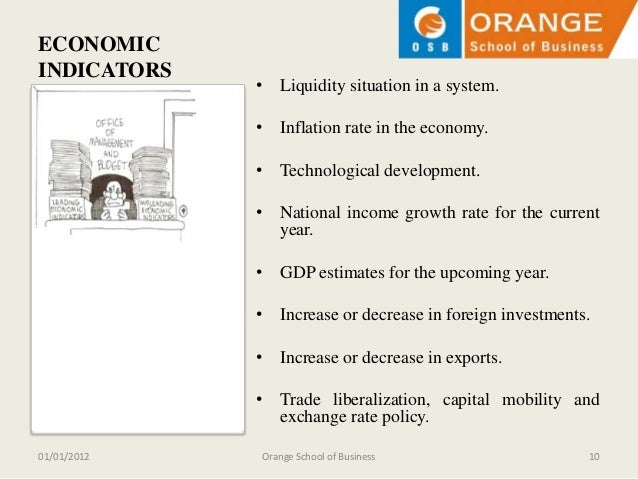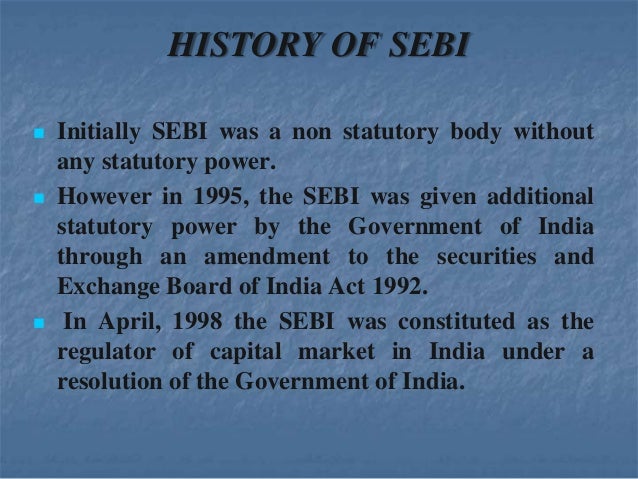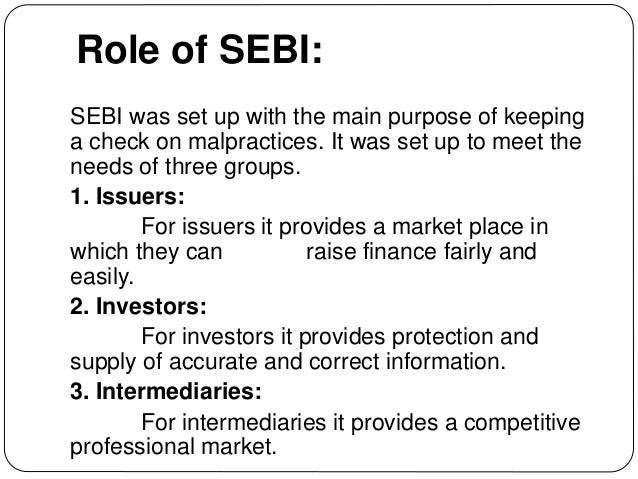

CCI, Delhi High Court reiterated the decision of Ericsson that the CCI has jurisdiction when patent rights are abused. Thus, in Bharti Airtel, the Supreme Court did not altogether exclude the jurisdiction of the CCI in the presence of a statutory sectoral regulator, but only deferred it to a later stage.

The CCI provides more structural remedies, which promote the entry of new players, and hence competition in the market. It is the CCI which is the expert body in studying the nuances of competition in market. On the nature of the remedy provided under both the Acts, the Court explained that even if TRAI adjudges that the impugned activity is anti-competitive, thereby causing appreciable adverse on competition, its powers would be limited to the action that can be taken under the TRAI Act alone. Only after TRAI has returned its findings on the jurisdictional aspects and the proceedings under the TRAI Act have concluded can the CCI exercise its jurisdiction. However, this does not signify that the CCI’s jurisdiction is barred. As a sectoral regulator, TRAI is better equipped to decide on jurisdictional aspects of telecom-related matters. TRAI, in this matter, in order for the CCI to proceed to examine the anti-competitive nature of an agreement. The Court propounded a two-step process to address concerns of jurisdictional conflict, wherein the jurisdictional fact has to be first determined by the sectoral regulator, i.e. The Court had explained that the ‘CCI is not a sector based body but has the jurisdiction across which transcends sectoral boundaries, thereby covering all the industries.’ Bharti Airtel was decisive in resolving the jurisdictional conflicts between sectoral regulator TRAI and the CCI, and in outlining the distinctions between the two.

The 2018 Supreme Court judgement in CCI v. This judgement leads to the understanding that securities laws governing CRAs cannot be construed to be in conflict with Competition Act, as the latter is in addition to, and not repugnant with, the former. Since the case involved the abuse of patent rights, any competitive agreement which imposes unreasonable conditions was held to be in contravention of section 3 of the Competition Act. CCI, the Delhi High Court had ruled that the Competition Act is in addition to, and not in derogation of, any other Act. This apparent conflict between the CCI and a sectoral regulator has to be reconciled in view of the unique role each of these bodies play, as also the interplay between and competition law and securities law. Consequently, the CCI proceeded with the Information.Īs SEBI is the authority regulating CRAs, the apparent conflict of jurisdiction between the CCI and SEBI emerges. SEBI objected to the jurisdiction of the CCI but did provide any information, in case the CCI were to initiate any action against the Opposite Parties. Since CRAs are regulated by SEBI, the CCI invited comments from SEBI regarding the Information.

The Informant averred that the Opposite Parties cartelised and quoted identical rates in the bid and, hence, indulged in anti-competitive practices in contravention of section 3 of the Competition Act, 2002. (collectively the ‘Opposite Parties’) submitted their price quotes. The National Highways Authority of India had invited tenders from credit rating agencies (‘CRAs’) to rate its bond issuances, pursuant to which CRISIL Ltd., India Ratings and Research Pvt. Confronted with this issue, the CCI has attempted to resolve the overlap of jurisdiction with the Securities and Exchange Board of India (‘SEBI’) in In Re: Brickwork Ratings India Pvt. This means that the CCI’s powers also traverse sectors governed by special laws and regulated by specialized ‘sectoral regulators’, invariably leading to an apparent jurisdictional conflict. The Competition Commission of India (‘CCI’) monitors markets of all nature to identify any anti-competitive practice by persons or enterprises leading to appreciable adverse effect on competition.


 0 kommentar(er)
0 kommentar(er)
